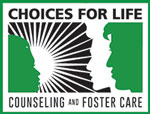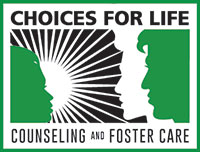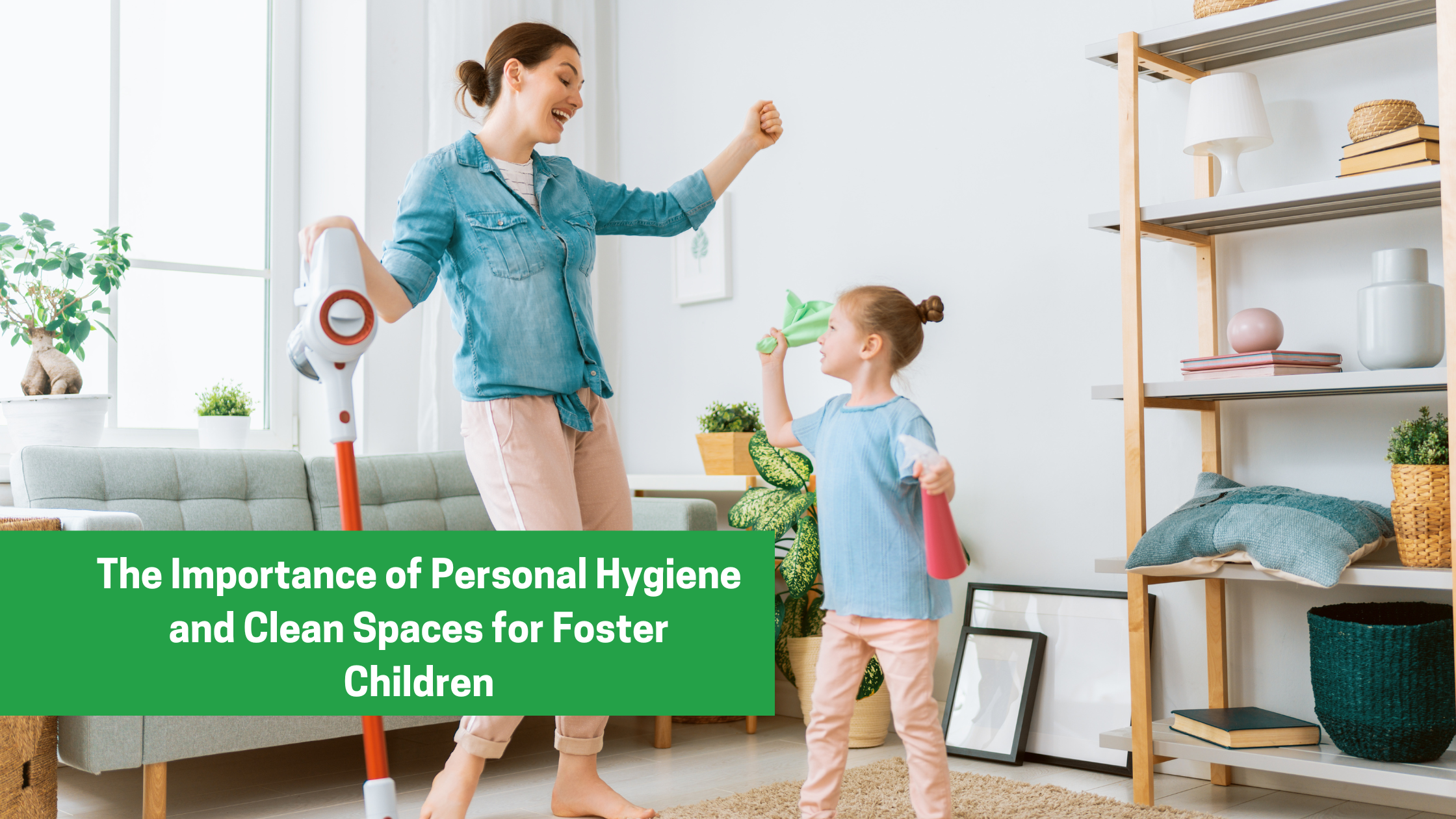Foster care presents unique challenges for children, and one critical aspect of their well-being is understanding the importance of personal hygiene and maintaining clean living spaces. As caregivers and advocates for these children, it’s essential to provide them with the guidance and support they need to develop healthy habits that will benefit them throughout their lives.
Understanding the Challenges
Foster children often face instability and uncertainty, which can impact their ability to prioritize personal hygiene and cleanliness. They may have experienced trauma or neglect, leading to a lack of routine and guidance in these areas. Additionally, frequent moves between homes can disrupt their sense of stability, making it challenging to establish consistent habits.
Empowering Through Education
One of the most effective ways to help foster children understand the importance of personal hygiene and clean spaces is through education. By providing age-appropriate information about the benefits of good hygiene and a clean environment, caregivers can empower these children to take ownership of their well-being.
- Interactive Workshops: Organize engaging workshops where foster children can learn about the importance of personal hygiene through fun activities and discussions.
- Visual Aids: Utilize visual aids such as posters and infographics to illustrate the impact of cleanliness on health and well-being.
- Storytelling: Share stories and real-life examples to help foster children understand the positive effects of maintaining personal hygiene and tidy living spaces.
Establishing Routine and Consistency
Consistency is key in helping foster children adopt healthy habits. Caregivers play a pivotal role in providing a stable environment where routines around personal hygiene and cleanliness are upheld.
- Daily Check-ins: Encourage daily check-ins to ensure foster children are adhering to basic hygiene practices, such as brushing teeth, taking baths, and washing hands.
- Designated Cleaning Times: Allocate specific times for cleaning and tidying up living spaces, involving foster children in these activities to instill a sense of responsibility.
Creating a Supportive Environment
Foster children thrive in environments where they feel valued and supported. By fostering a culture of encouragement and understanding, caregivers can inspire these children to prioritize their well-being.
- Positive Reinforcement: Acknowledge and praise foster children for their efforts in maintaining personal hygiene and neat living areas.
- Open Communication: Create an open dialogue where children feel comfortable expressing any concerns or questions they may have about hygiene and cleanliness.
- Lead by Example: Caregivers should lead by example by demonstrating good hygiene practices and actively participating in maintaining a clean living space.
Helping foster children understand the importance of personal hygiene and clean spaces is a vital part of nurturing their overall well-being. By providing education, establishing routines, and creating a supportive environment, caregivers can empower these children to embrace healthy habits that will positively impact their lives now and in the future. It’s a collective effort to ensure that every foster child has the opportunity to thrive in a safe and nurturing environment.
We would love to hear how you enforce these types of things. We hope that each of us can help and support one another by sharing on the blog or our social sites.


